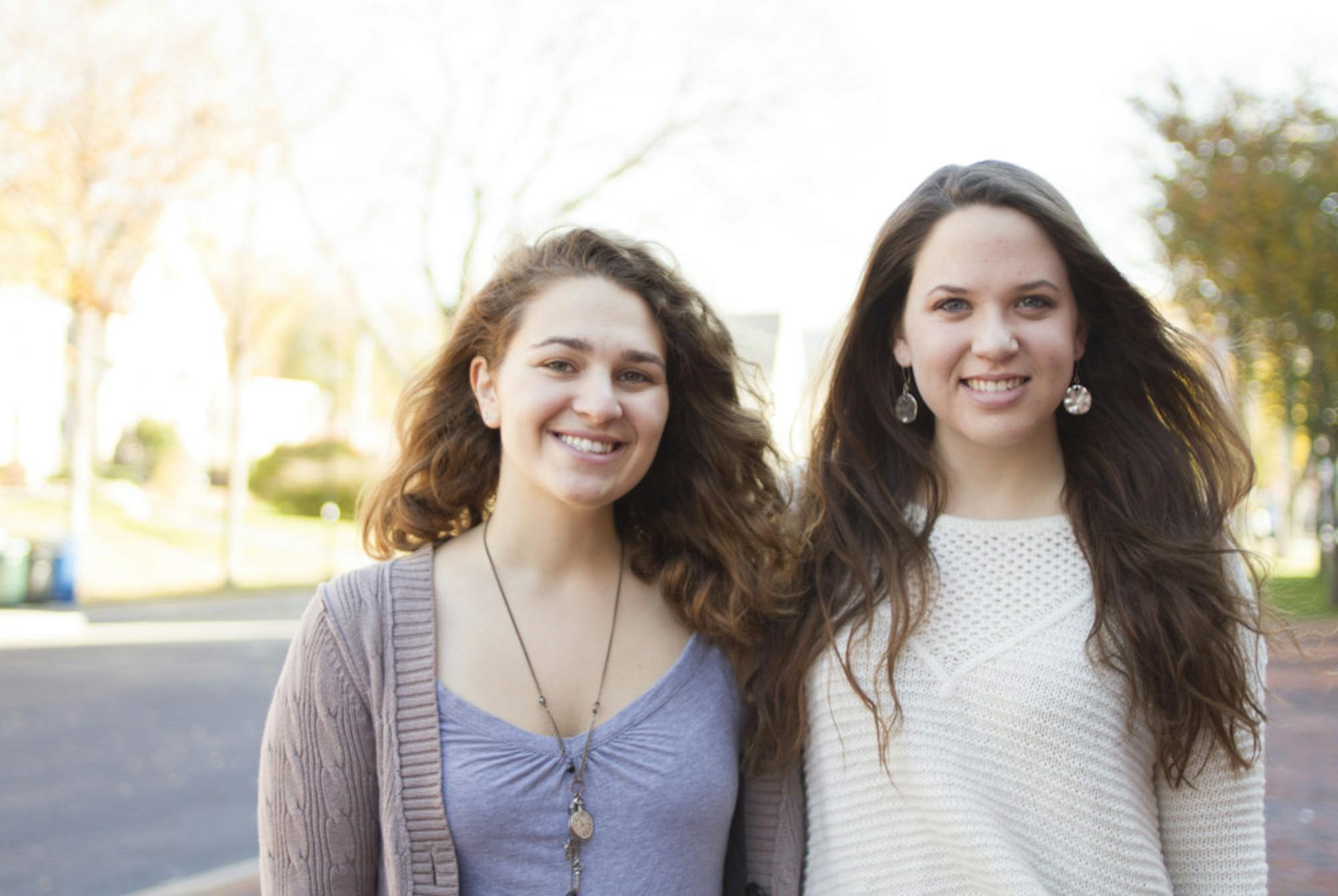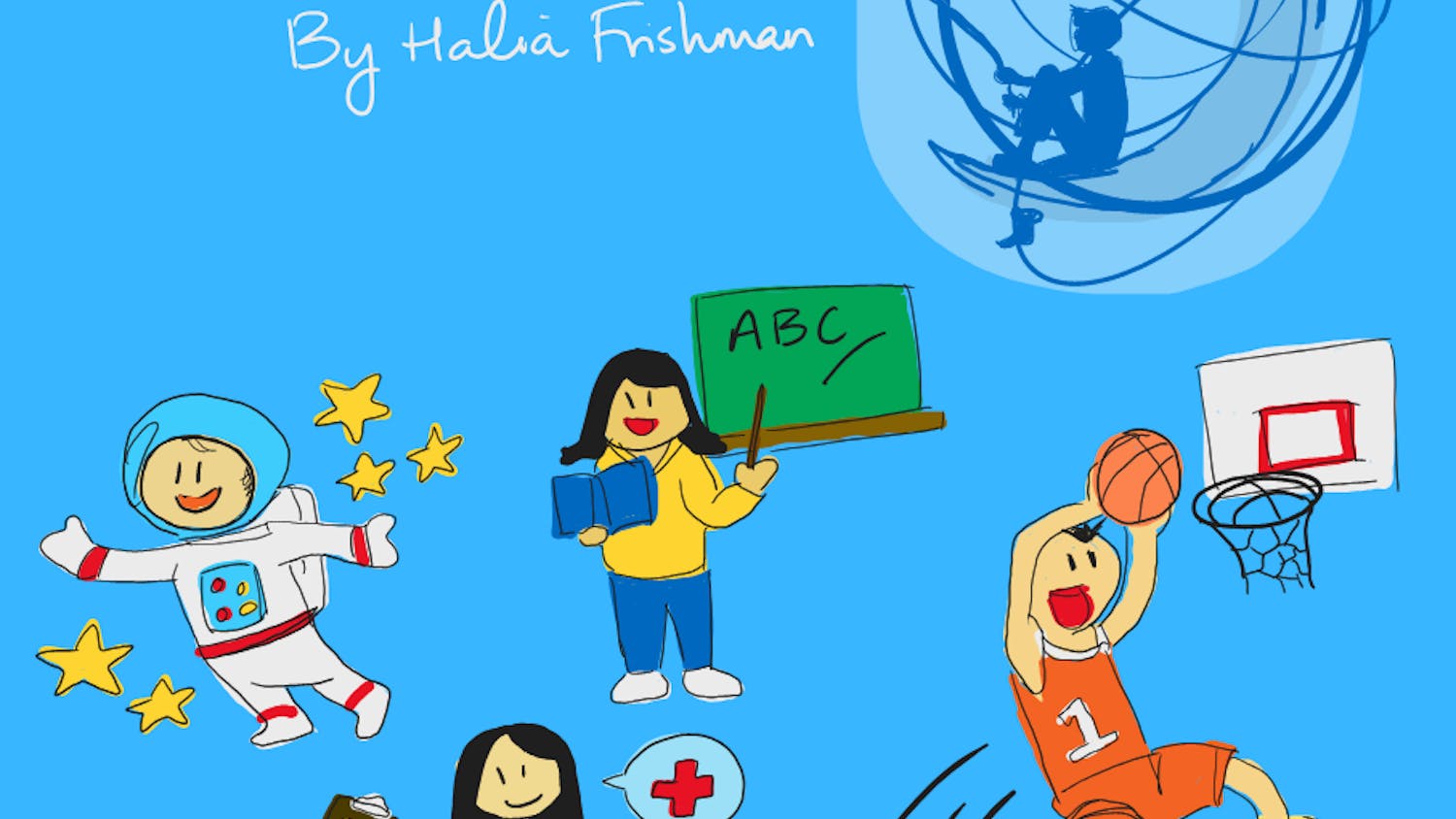For Tufts students looking toward medicine and public health, there is no shortage of options to pursue. From GlobeMed to Sharewood to Peer Health Exchange, students can enjoy hands-on experiences and unique opportunities to further develop their interests and gain perspective.
To help foster collaboration and communication between the many groups, Tufts Peer Health Collaborative was formed in 2006. According to junior John Ramatowski, a double major in biology and community health and the group's collaborative director, it functions as an umbrella organization for several health-related groups on campus.
"Before the collaborative existed, there was a lot of duplication of events and very small turnout, and it was kind of disappointing," Ramatowski said. "But ever since the collaborative has been operating, there has been improved attendance at events. It's much easier to advertise events to all the different health organizations, and it's fulfilling its goal wonderfully, actually."
GlobeMed is among the 15-plus clubs that form the collaborative. A national organization, GlobeMed partners university chapters with grassroots health organizations abroad. According to Emily Miller, a co-president of GlobeMed's Tufts chapter, Tufts students work with Practical Help Achieving Self-Empowerment (PHASE) Nepal, which helps promote health, education, infrastructural development, sustainable livelihoods and social justice in Nepalese communities.
According to Miller, the group of 53 members has a fundraising goal of $10,000 per year. The funds go toward a project decided on during the preceding summer by a team of five people who visit the sites in Nepal. This year, the money will pay for the salary of an on-site education development facilitator.
“The whole point of GlobeMed is that it's not university students going abroad and imposing ideas on the community there," Miller said. “They want to work on a sustainable partnership model. We are responding to the needs that our partner tells us they want ... we go in and ask ‘what can we do, what can we help you with?’"
This year GlobeMed has also emphasized its role in working with public policy, according to Miller. Representatives from the group also served as central figures in organizing the Rally for the Right to Health, held in the Boston Common on Oct. 26.
“We focus our advocacy and events on the fact that GlobeMed is an organization that is trying to promote global health in general,” Miller said.
Miller said the group gives people a unique perspective on global health equity, expanding their knowledge of issues they would not otherwise know about. She feels that this knowledge can be expanded through groups like the Peer Health Cooperative.
“We have so many clubs with so many good intentions,” she said. “It would be good if we could work together more and people could know how to get involved with all of them.”
While GlobeMed, Tufts United Against Inequities in Disease and Tufts Timmy Global Health exist under the collaborative's umbrella, other healthcare-related groups on campus provide important learning experiences.
One of these groups, Sharewood, sends students to volunteer in a free clinic in the basement of First Church in Malden. The program is jointly operated by an undergraduate group on campus and Tufts medical students, and is open from 6 p.m. until 8 p.m. on Tuesdays. According to senior Michael Char, the group’s undergraduate president, the clinic sees between 14-35 patients a night, depending on time of year and weather.
“A really big draw for us is that we don't check immigration status, and we're good with a lot of different languages, so anybody can come see us for free treatment,” he said.
Char explained that undergraduate volunteers' responsibilities include triaging patients into the clinic, measuring height, weight and blood pressure, and working out the logistics of which patients need to be seen by which doctors. The undergraduates then pass the patients onto the graduate students, who act as physician's assistants. The attending physicians are Tufts Medical Center doctors.
According to Char, students apply to volunteer at the clinic at the beginning of the semester and then receive training. Undergraduates can participate in the group's outreach, fundraising and public health committees.
Sharewood also focuses on social services including case management. According to Char, volunteers help patients sign up for health insurance through the Mass Health System and for the Supplemental Nutrition Assistance (SNAP) Program.
"Our main priority is to get them signed up for health insurance, treat their acute needs and try to get them into the larger health care system," he said. "The idea is that they won't come back because we will be able to integrate them into the system."
The group has also centered its efforts on education and outreach and held a mental health day on Nov. 7 in collaboration with other health groups on campus. It is also working to implement an oral health education program in local public elementary schools, according to Char.
Char explained that the experience undergrads get from working in a clinic with graduate students is invaluable.
"You get to work with patients, you get to see the chaos that is a functioning clinic," Char said. "Patient interaction and experience in a clinical setting helps undergrads discover if the medical field is right for them."
For those students interested in educating others on healthcare, Peer Health Exchange (PHE) serves as a major volunteer hub with about 110 students volunteering through the Tufts chapter. PHE is a national organization that trains students as health educators and sends them into local high schools that lack funding for health education to teach a comprehensive health curriculum, according to Tufts Co-Coordinator Sophia Epstein, a senior, who said volunteers have a wide variety of academic interests.
According to Epstein, educators master two lessons and teach material on drugs, alcohol, sex, mental health and more over the course of 13 class sessions.
“Our mission is teaching the teenagers the knowledge and skills they need to make healthy decisions,” she said. “If we weren't going in there, they wouldn't be getting health education any other way.”
While the club does not give direct exposure to the medical field, Epstein explained that it provides experience with an often overlooked aspect of the field.
“It gives pre-health students an idea of what it might be like to teach within the medical field or public health field," she said. "It also gives you exposure to certain topics that are relevant in those spheres.”
According to Epstein, the public-speaking experience and training on particular issues helps the chapter's health educators grow as leaders. She noted that the experience is beneficial for both the educators and the students who learn from the lessons at hand.
"Students take health education for granted,” she said. “Being involved in PHE really has shown me that this information is really important, because if I hadn't had it, I'm sure that some of the decisions I made in high school wouldn't have been as informed and could've ended up affecting my life in the long run."
Clubs in health scene strive to give students hands-on experience

Senior Rachel Weinstock and junior Emily Miller are co-presidents of GlobeMed at Tufts University. GlobeMed works with non-profit health organizations worldwide to aid impoverished communities.





